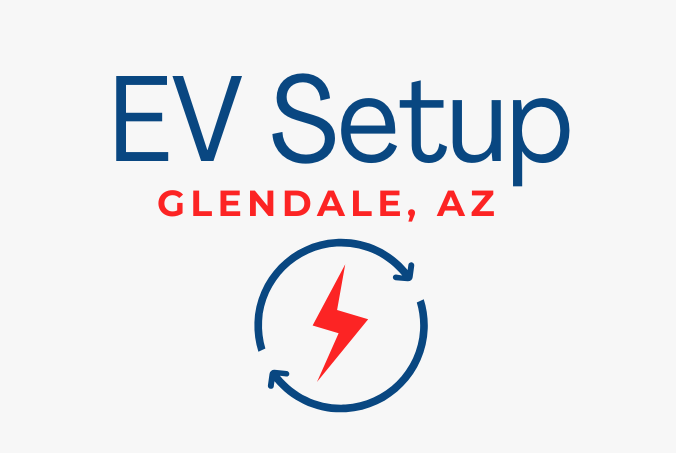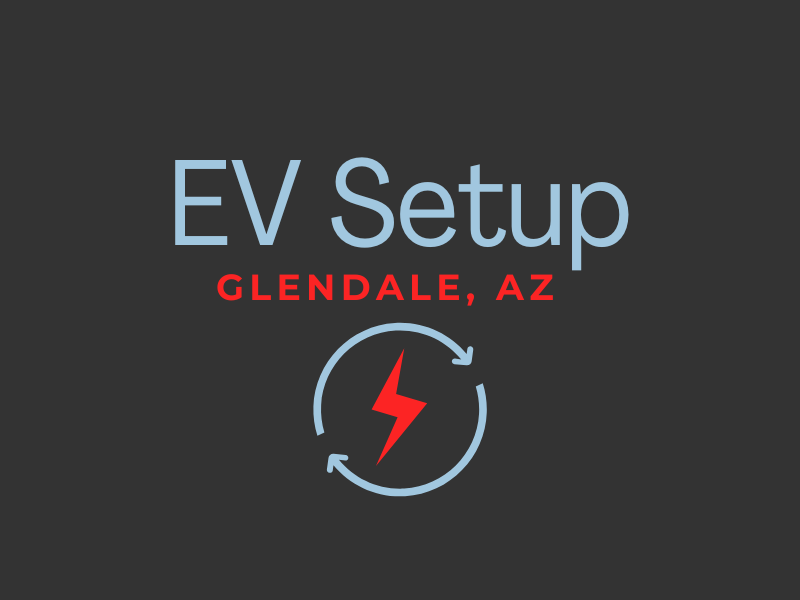What are the risks of installing an EV charger without a licensed electrician
Based on the search results, there are several significant risks associated with installing an EV charger without a licensed electrician:

Safety Hazards
Incorrect installation of electrical systems or components poses significant safety hazards that should not be underestimated. When electrical wiring, circuits, or devices are installed improperly, it can lead to severe consequences such as electrical fires, which can quickly spread and cause extensive property damage or even loss of life. Electrical shocks are another potential risk, which can result in serious injury or, in extreme cases, be fatal. Additionally, poor installation practices may lead to short circuits that can damage appliances, create sparks, or even start a fire. Ensuring that all electrical work is conducted by qualified professionals following proper safety standards is crucial to prevent these potentially devastating outcomes. This not only protects your home and property but also ensures the safety of everyone within it.
Improper wiring and the use of inadequate safety devices are significant concerns when it comes to electrical safety in residential and commercial properties. Faulty wiring—whether due to outdated systems, DIY installations, or unqualified electricians—can create pathways for dangerous levels of electricity to flow unchecked. This increases the risk of electric shocks, which can cause severe injuries such as burns, nerve damage, or cardiac arrest. Moreover, inadequate safety devices, like circuit breakers or fuses that are not rated correctly for the electrical load, fail to provide the necessary protection against power surges and overloads. These failures can lead to hazardous situations, such as fires or equipment damage. To mitigate these risks, it's essential to use properly rated safety devices and ensure all wiring work complies with local electrical codes and safety standards.
Code Violations
- DIY installations may overlook local building codes and regulations, leading to non-compliance.
- This can result in fines, penalties, or legal consequences.
Warranty Invalidation
- Many EV charger manufacturers require professional installation to validate the product warranty.
- DIY installation may void the warranty, leaving you liable for any future malfunctions or damages.
Insurance Issues
- Improper installation could invalidate your home insurance in case of fire or electrical accidents.
- This may leave you financially vulnerable if issues arise.
Electrical System Overload
- Without proper assessment of your home's electrical capacity, you risk overloading your system.
- This can lead to frequent circuit breaker trips or more serious electrical problems.
Inefficient or Unreliable Charging
- Incorrect installation may result in suboptimal charger performance or unreliable charging.
Lack of Proper Certification
- Professional installations come with compliance certificates, often required for insurance and regulatory purposes.
- DIY installations lack this crucial documentation.
Future Resale Problems
mproperly installed electric vehicle (EV) chargers can significantly complicate the process of property resale, potentially deterring potential buyers and reducing the property's market value. When EV chargers are not installed by certified professionals or according to local electrical codes and standards, they can raise serious concerns for prospective buyers who may worry about safety, potential electrical hazards, and future maintenance costs. Many buyers today are increasingly conscious of electrical safety and may request documentation or proof of a professional installation to ensure the charger meets all safety and quality standards.
Without proper installation records or certification, the seller may face additional costs to hire a licensed electrician to inspect, repair, or even reinstall the charger to comply with safety regulations. Furthermore, the lack of proper documentation can delay the sale process and give buyers leverage to negotiate a lower price. To avoid these complications, homeowners should always opt for professional installation by a certified electrician, which not only provides peace of mind but also preserves property value and marketability in a competitive real estate environment.
Missed Optimization Opportunities
- Professionals can optimize the charger's location and setup for efficiency and convenience, which DIY installers might overlook.
Inability to Obtain Permits:
- Licensed electricians can obtain necessary permits, ensuring legal compliance.
- DIY installations may miss this crucial step, leading to legal issues.
Given these risks, it's strongly recommended to have a licensed, experienced electrician install your EV charger to ensure safety, compliance, and optimal performance.

